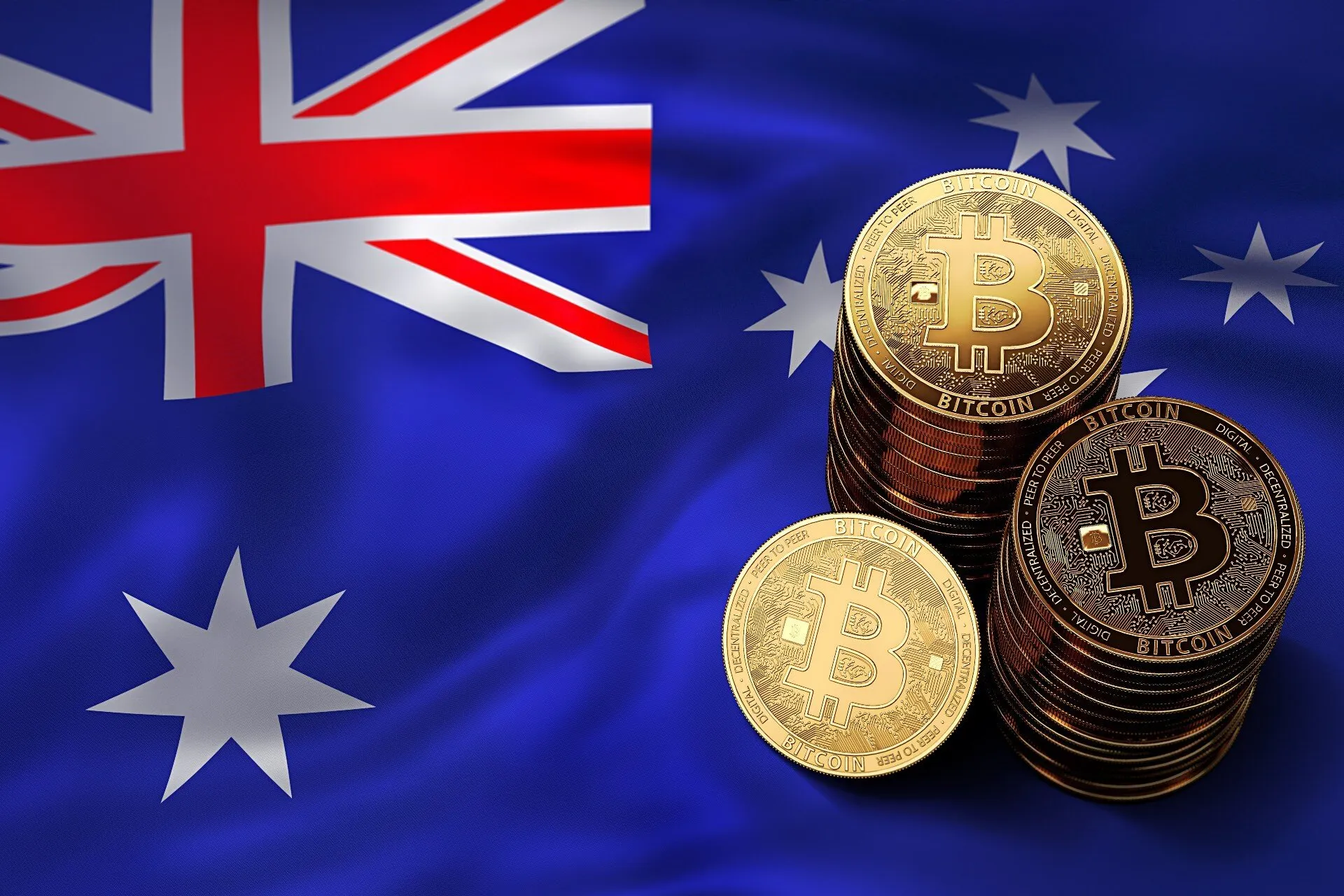Global fiat on/off ramp service Transak has obtained its Digital Currency Exchange (DCE) registration in Australia, marking a major step in its international expansion.
The company received its DCE registration from the Australian Transaction Reports and Analysis Centre (AUSTRAC), allowing it to operate as a fully compliant exchange in the country.
Akin to a Virtual Asset Service Provider (VASP) license in other parts of the world, this regulatory approval is critical for Transak, ensuring compliance with Australia’s strict anti-money laundering (AML) and counter-terrorism financing (CTF) regulations.
By securing AUSTRAC registration, Transak can now offer Australians a compliant gateway to purchase crypto, addressing concerns around regulatory uncertainty and consumer protection.
“This approval validates our dedication to compliance, security, and consumer protection,” said James Young, Head of Compliance at Transak. He added that Australia is a “key market” for the firm, and that Transak will be “working closely with regulators to support the country’s rapidly growing digital asset ecosystem.”
“This milestone also opens opportunities for Transak to serve Australian fintech platforms, institutional clients, and individual users with localized, cost-effective, and efficient payment solutions,” Transak said in a press release.
At the same time, Transak continues to strengthen its regulatory presence in the U.S.
The company recently secured Money Transmitter Licenses (MTLs) in Illinois and Missouri, enabling it to directly facilitate crypto transactions in these states.
Security challenges amid expansion
While Transak is making regulatory strides, the company recently faced a security incident involving a third-party KYC vendor.
In October 2024, an unauthorized actor gained access to the vendor’s dashboard using compromised employee credentials, affecting up to 92,554 users—approximately 1.14% of its user base.
The breach has resulted in a consumer lawsuit alleging inadequate security measures and delayed notification of affected users, Bloomberg reported.
According to Transak, no internal systems were breached, and no financial data, email addresses, phone numbers, wallet addresses, or passwords were compromised.
However, personal identity information, including names, dates of birth, ID documents, and selfies, was accessed.
Transak emphasized that it has since taken immediate steps to strengthen its security, including enforcing hardware-based multi-factor authentication, improving monitoring systems, and conducting frequent vendor security audits.
“We want to assure our users and partners that we have implemented measures to prevent incidents like this in the future,” Transak said in a statement. The company is offering credit and dark web monitoring services to affected users and has notified data protection authorities and law enforcement.
Australia and crypto
Australia has seen growing crypto adoption, with a rising number of younger Australians, particularly those aged 25 to 44, increasingly turning to digital assets, as per a 2023 survey by crypto exchange Swyftx.
But the push for regulatory clarity comes at a time of increasing scrutiny across Australia’s crypto sector.
Last month, AUSTRAC took regulatory action against 13 firms, cracking down on compliance failures within the digital currency exchange sector.
As part of a year-long investigation, the agency has identified over 50 other firms under review for potential violations.
Australia’s consumer watchdog, the Australian Competition and Consumer Commission (ACCC), has also raised concerns about the potential risks of relaxed regulations in other countries, such as the U.S.
The ACCC Chair Gina Cass-Gottlieb has warned of a possible increase in scams targeting vulnerable Australian consumers, calling the potential regulatory "looseness" a “horror scenario.”
Editor's note: The story was updated to reflect the security challenges facing the company and the pending class action lawsuit in Miami.

